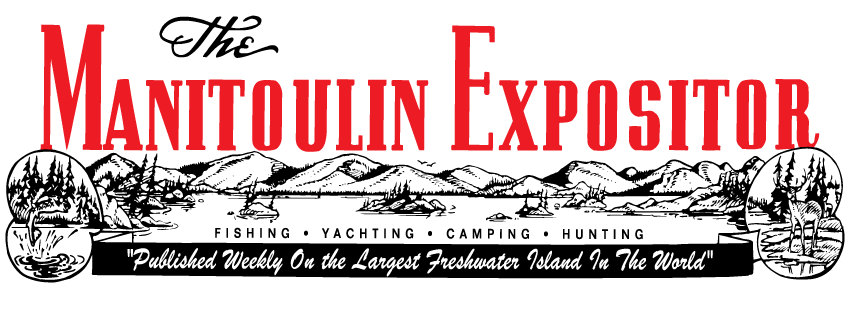by Tom Sasvari
BARRIE ISLAND—A US resident and an official with the Federation of Ontario Cottagers Association (FOCA) are both sounding the alarm to alert American residents who own cottages in Canada about the new Underused Housing Tax (UHT).
“I am surprised at the number of Americans that don’t know that if they don’t file UHT return with tax identification before May 1, they will be fined $5,000,” stated Richard Butela. “I’m an American with a cottage up on the Island, on Barrie Island.”
“I just want to get this news out as many people might not know about all of this and they would no doubt be shocked if they get a $5,000 fine or not filing a return,” said Mr. Butela.
“The law was enacted last year but this is the first year we have to file a return with a tax ID,” said Mr. Butela. “We are still awaiting our tax ID and have been waiting for awhile so it may take time to get it.”
Terry Rees, executive director of FOCA told The Expositor “If you are from the US and have a cottage in Canada you will be in the soup. Seasonal owners will have to pay one percent of the current property value annually. And they need to file the UHT tax return with the tax identification number. It is going to be a real crap show.”
FOCA noted on its website in February, “if you are an affected owner of a residential property in Canada in December 31, you must file a UHT return (with the tax identification number) for the preceding calendar year.”
“If you are a non-resident you have to file a form with the CRA,” said Mr. Rees. “And if you are from the US you have to get an ID number and have to file a return by April 30. It can take eight weeks to get an ID number. The CRA will need to make some exemptions and FOCA would suggest that US residents with cottages here file and say that you requested an ID number.”
Last year FOCA pressed the government for clarity about the new UHT (that was implemented by the federal Department of Finance effective January 1, 2022) and is payable at tax-time in 2023) asking that seasonal owners be excluded from this tax (one percent of current property value, annually) and the government did eventually bring forward an exemption for Canadian owners of vacation or recreational properties, with certain conditions.
The Bayfield-Nares Islanders Association put out a release to its members on its website February 27, 2023, “the Canadian government just enacted a new tax on foreign-owned properties, designed to prevent speculation in vacant (or underused) Canadian housing. The UHT amounts to one percent of the property value, every year. However, if you own a seasonal cottage in Canada, one that you can’t use for over half the year, then it is exempt from the new tax. But there’s a catch: you still have to file with the Canadian government to claim the exemption by April 30, 2023.
To read more about the tax and how to apply for the exemption go online to https://bnia.ca/uht-non-residents/).





